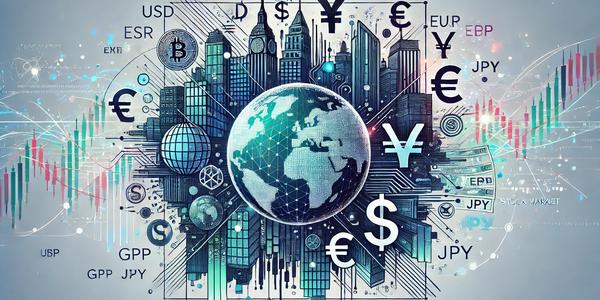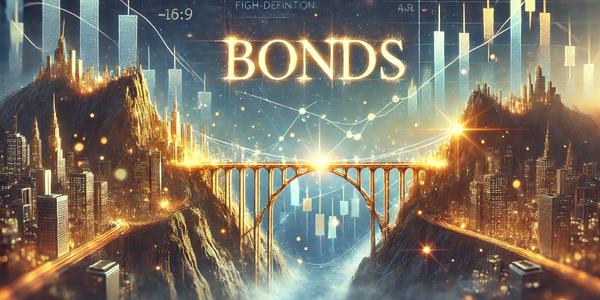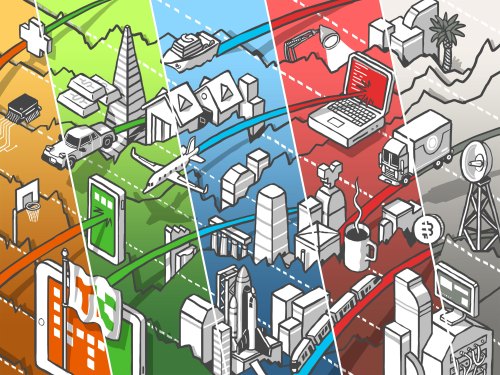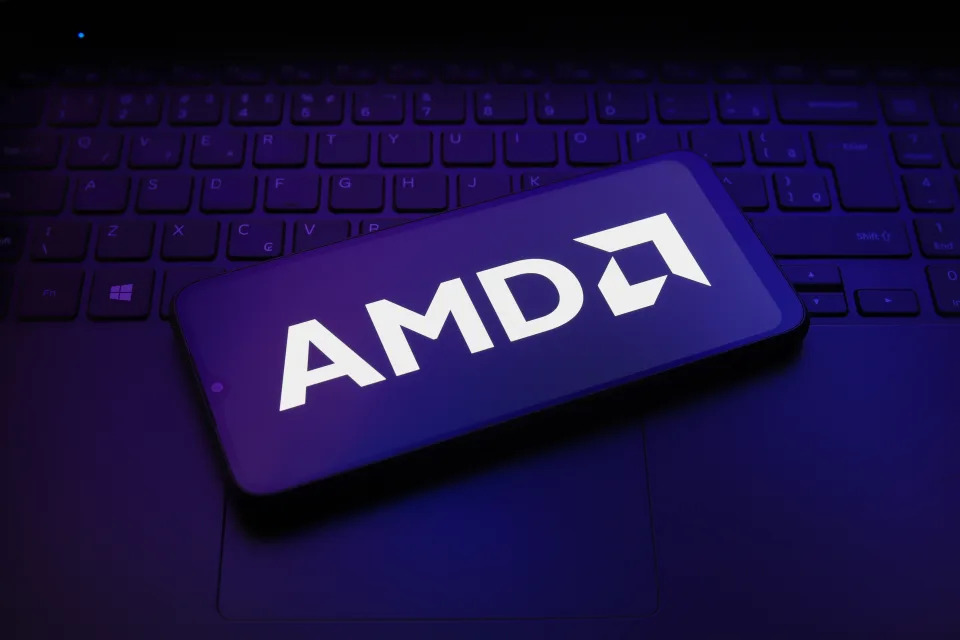The Ownership Dilemma
At the heart of Web3 gaming lies a promise that has yet to be fulfilled: ownership of digital things on the internet. Despite the industry’s enthusiasm for this concept, few truly care about it, and even fewer are working towards making it a reality. This is ironic, given the lore on which Web3 was built.
Ethereum co-founder Vitalik Buterin’s imagination was sparked by his disappointment with World of Warcraft — after Blizzard took away his warlock’s Siphon Life spell. Ownership of gaming assets has been a core idea at the center of this industry from its earliest days. Intuitively, for any gamer out there who spends time, money, and emotional capital on their favorite digital characters and experiences, having ownership of those things and their value seems like a no-brainer.
The Lagging Industry
Web3 gaming lags behind other parts of the Web3 ecosystem in terms of adoption. Bitcoin has established itself as a store of value, stablecoins facilitate transactions, and real-world assets are moving onchain. However, Web3 gaming struggles to provide true ownership and interoperability.
What is Ownership?
Ownership is fundamentally about digital property rights, solving the double-spend problem, and ensuring that digital assets cannot be duplicated. This is what makes Web3 unique and valuable in an increasingly digital world where half of the population engages in video games, making ownership in this space crucial.
The Interoperability Problem
In Web3 gaming, ownership is the differentiating factor from traditional gaming. Trading game items, virtual currency, and earning from playing games have been mainstays of gaming for at least 25 years. However, if players cannot use their digital assets across different platforms and games, they do not truly own them.
Owning a non-fungible token (NFT) game item today is like owning a dog that lives in your neighbor’s garage. You can look at it, and if they let you in the garage, you can pet it… but you don’t really own it in a meaningful way. This situation parallels the arguments that Bitcoin advocates make about gold. While gold is a store of value, it mostly resides in someone else’s vault, limiting true ownership.
The Lack of True Ownership
Most gaming NFTs today are like gold in someone else’s vault. Web3 gaming claims to provide that little bit of magic that is different — ownership of the items, characters, currency, and more. However, on closer inspection, it becomes apparent that true ownership is nothing without interoperability.
For the billions invested in Web3 gaming and metaverse companies, there is no hero to showcase what true ownership looks like. The industry needs a solution that addresses both technological and economic issues.
A Three-Pronged Solution
To achieve true ownership and interoperability, we need three main components:
- Technology: Solving the complexities of interoperability by creating universal standards that allow digital assets to move seamlessly across different platforms, game engines, and experiences.
- Economics: Shifting perspectives from developers and companies recognizing that true ownership and interoperability are opportunities to expand the gaming ecosystem, rather than threats.
- A Hero: Showcasing what true ownership looks like through a successful example or case study.
Building the Technology
The industry needs a foundational infrastructure that supports true ownership, ensuring that an avatar, wearable, or any digital asset can be used across multiple games without losing its value or functionality. This is not an easy task and requires significant investment in research and development.
Economic Model Shift
Developers and companies must recognize that true ownership and interoperability are opportunities to expand the gaming ecosystem. By supporting open systems, they can attract a broader audience and foster a more vibrant and innovative community.
The challenge we face is to create an economic model that balances openness with sustainable development, ensuring that all participants — developers, players, and businesses — benefit from the value generated.
Aaron McDonald, co-founder and CEO of Futureverse, emphasizes the need for a shift in perspective when it comes to economics. He believes that by supporting open systems, we can attract a broader audience and foster a more vibrant and innovative community.
Conclusion
The potential for true ownership and interoperability remains a powerful vision for Web3 gaming. Achieving this could revolutionize the industry, offering gamers unprecedented value and transforming the digital landscape. The journey toward this future requires a clear focus on technology and economics, as well as a hero to showcase what is possible.
Ultimately, it will take significant investment in research and development, as well as a shift in perspective from developers and companies, to create an economic model that balances openness with sustainable development. However, the potential rewards are too great to ignore.
Subscribe to the Nifty Newsletter
Stay on top of market trends, emerging artists, and unlocking opportunities in the NFT landscape. Delivered every Wednesday.
By subscribing, you agree to our Terms of Services and Privacy Policy.












